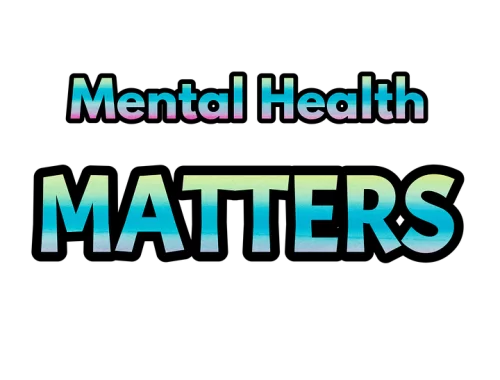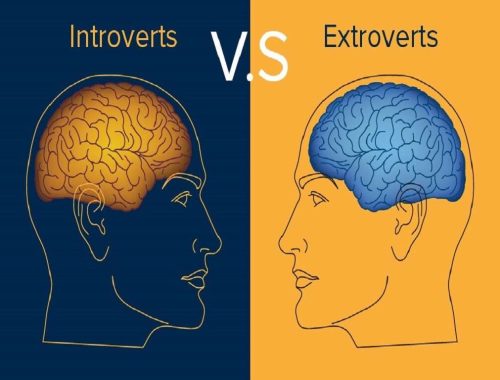
Ticking Time Bombs – Understanding Explosive Anger Disorders
Intermittent explosive disorder (IED) is an often overlooked mental disorder identified by episodes of anger and sudden outbursts in which the person loses control entirely. This mental disorder usually begins in childhood or adolescence. Most people continue to experience it later in their life, though.
The treatment for intermittent explosive disorder may vary from person to person, but the general treatment methods are psychotherapy and medication.
What Is Intermittent Explosive Disorder?
Intermittent explosive disorder makes you aggressive and violent without any specific reason. It involves a series of verbal outbursts, physical fights, and sudden anger. Some signs can help you identify your condition. People with this disorder usually throw or break things, abuse others, and display road rage.
This behaviour stresses you out and affects your everyday activities and relationships. In most cases, it can also lead you to financial and legal loss. Intermittent explosive disorder affects around 11.5 to 16 million Americans in their lifetimes, including 7.3% of adults. It is a chronic disorder that usually decreases with age.
What Are the Causes of Intermittent Explosive Disorder?
Several environmental and genetic factors can contribute to this disorder’s development. Some known intermittent explosive disorder causes include:
-
Family history (heredity)
-
Experiencing any sort of abuse, verbal or physical, in childhood
-
Brain function and chemistry, especially varying levels of serotonin
-
Long-lasting trauma
-
Mental health disorders, such as ADHD, antisocial personality disorder, and borderline personality disorder
-
Depression, anxiety-related symptoms, or substance abuse disorder
What Are the Symptoms of Intermittent Explosive Disorder?
An intermittent explosive disorder episode can happen at any time. Some people have episodes daily, while others stay non-aggressive for weeks and months. A typical incident lasts for less than 30 minutes.
People with IED experience varying intensity of symptoms. Some may feel less of an urge to be verbally abusive but may show severe physical aggression. Common intermittent explosive disorder symptoms are:
-
Sudden rage
-
Frustration
-
Irritability with human contact
-
Scattered thoughts
-
High energy levels
-
Tightness in the chest
-
Tingling: an unusual sensation in your hands, legs, and arms
-
Tremors: a rhythmic shaking movement in your hands, arms, legs, or trunk
-
Palpitations: racing heartbeat

Some other intermittent explosive disorder symptoms can be:
-
Anger tantrums
-
Unnecessary tirades, use of abusive words to convey a message
-
Starting heated arguments
-
Aggressive shouting
-
Laying hands on another person, such as slapping or pushing
-
Damage to personal or private property
-
Threatening people or animals to let out the anger
People with intermittent explosive disorder do such things out of impulsiveness. Most of them regret their behaviour later.
How Is Intermittent Explosive Disorder Diagnosed?
Doctors usually consult the standard Psychiatric Diagnostic Manual to diagnose the disorder better. It says that an individual must experience three episodes of IED at any stage of their life to be diagnosed. These episodes should not be caused by any sort of external or internal factor. The person must also show physical symptoms, like hurting someone or damaging property.
What Is the Treatment for Intermittent Explosive Disorder?
The best intermittent explosive disorder treatment is psychotherapy. Some doctors may also suggest medications along with the therapy.
Can Intermittent Explosive Disorder Be Prevented?
People with IED usually don’t have control over themselves. You can control your anger, though, with professional treatment and by following some tips:
-
Think differently. You can’t make a difference without reconstructing your thoughts, so try to find logical reasons in an aggressive situation and react to it rationally.
-
Follow your treatment plan. Never miss your therapy sessions and any medication prescribed by the doctor. If you think you don’t need it, still talk to your doctor before deciding anything on your own.
-
Work on your communication skills. Try to listen to the other person’s reason before reacting to it impulsively.
-
Practice relaxation techniques. Include breathing exercises in your routine and meditate regularly.
-
Make a change in your routine. Following a specific pattern often increases frustration in a person, so make a schedule of your day and add different activities to it.
-
Avoid mood-altering substances. Alcohol and recreational drugs have a significant impact on your mood. Try to avoid them as a whole.
You May Also Like

Taking Care Of Your Look: A Good Way To Boost Your Self-Esteem
2022-04-29
How Can Mental Hygiene Help Our Elders
2022-06-16

